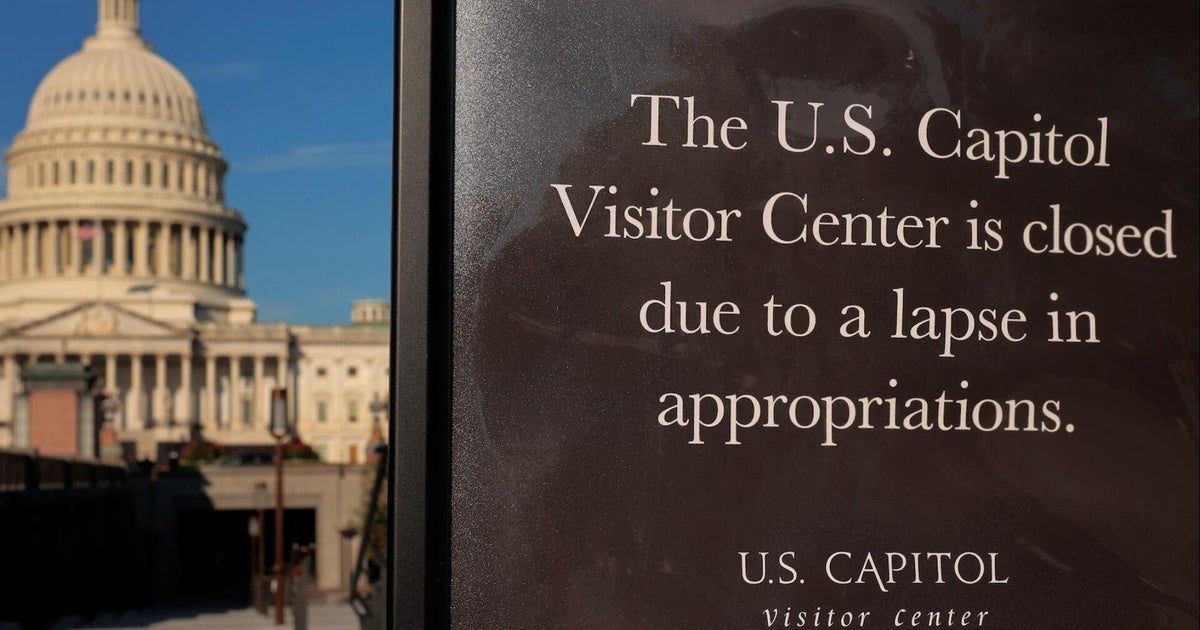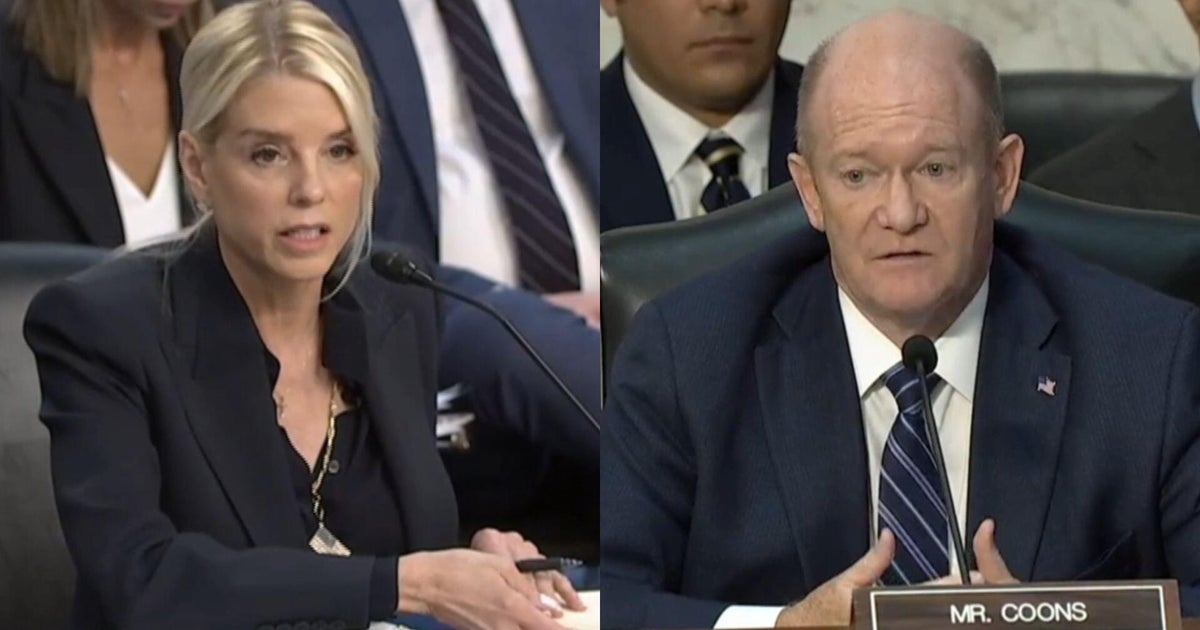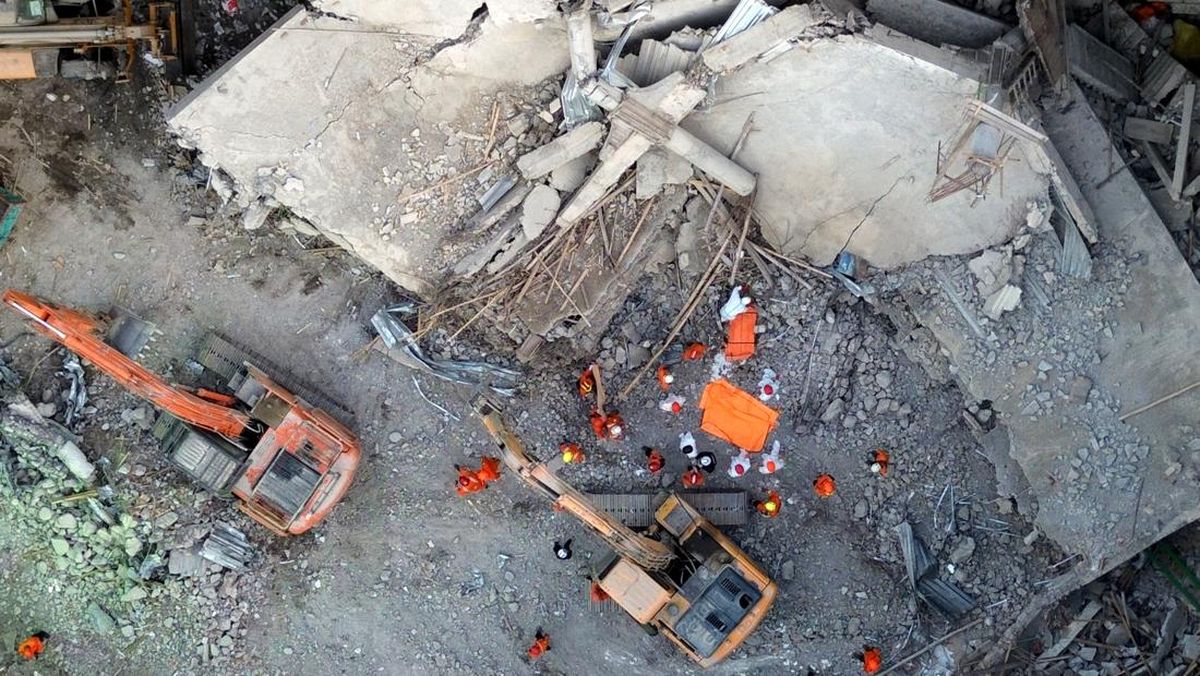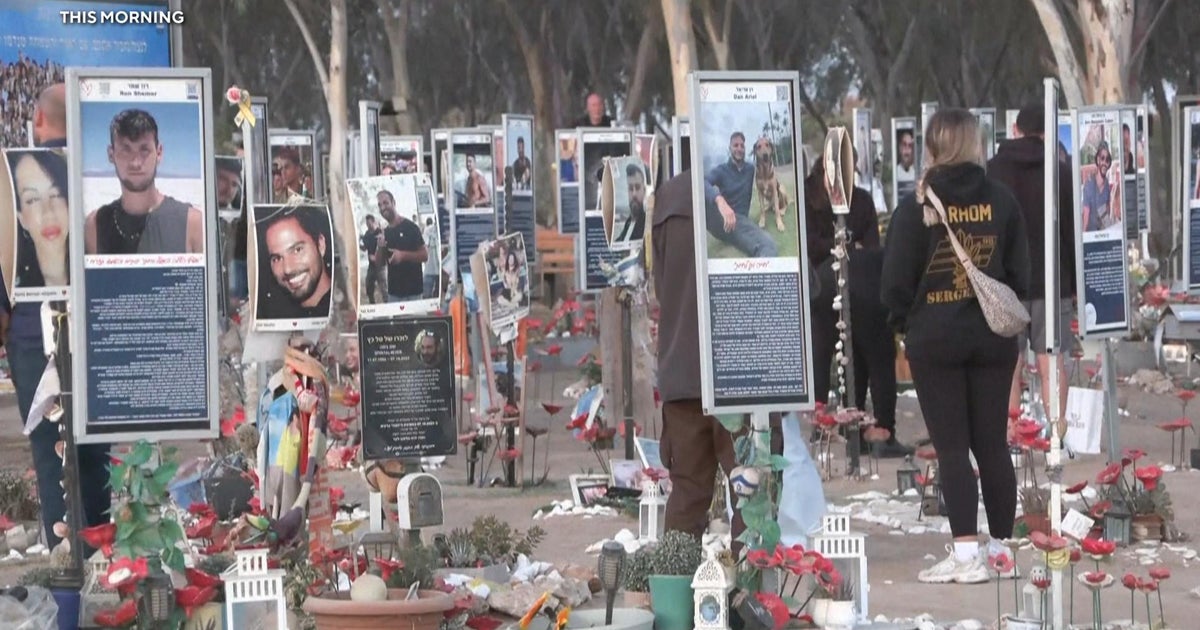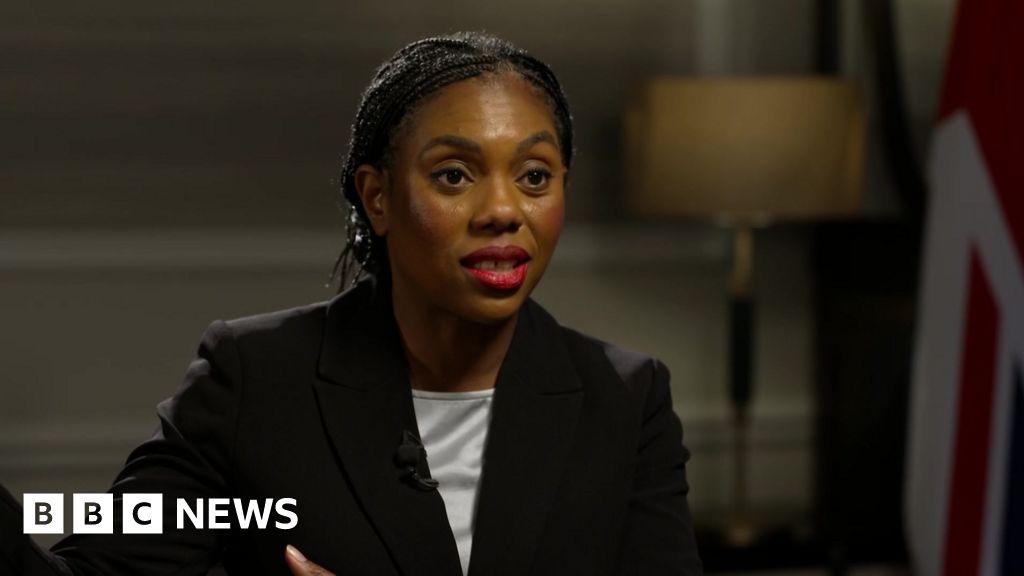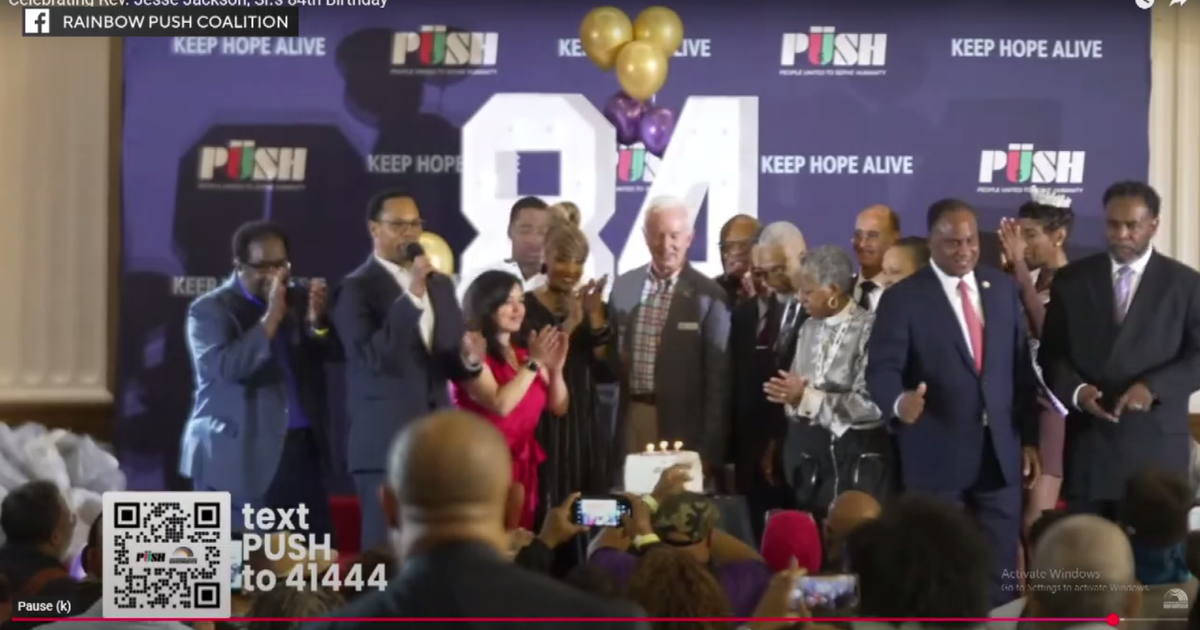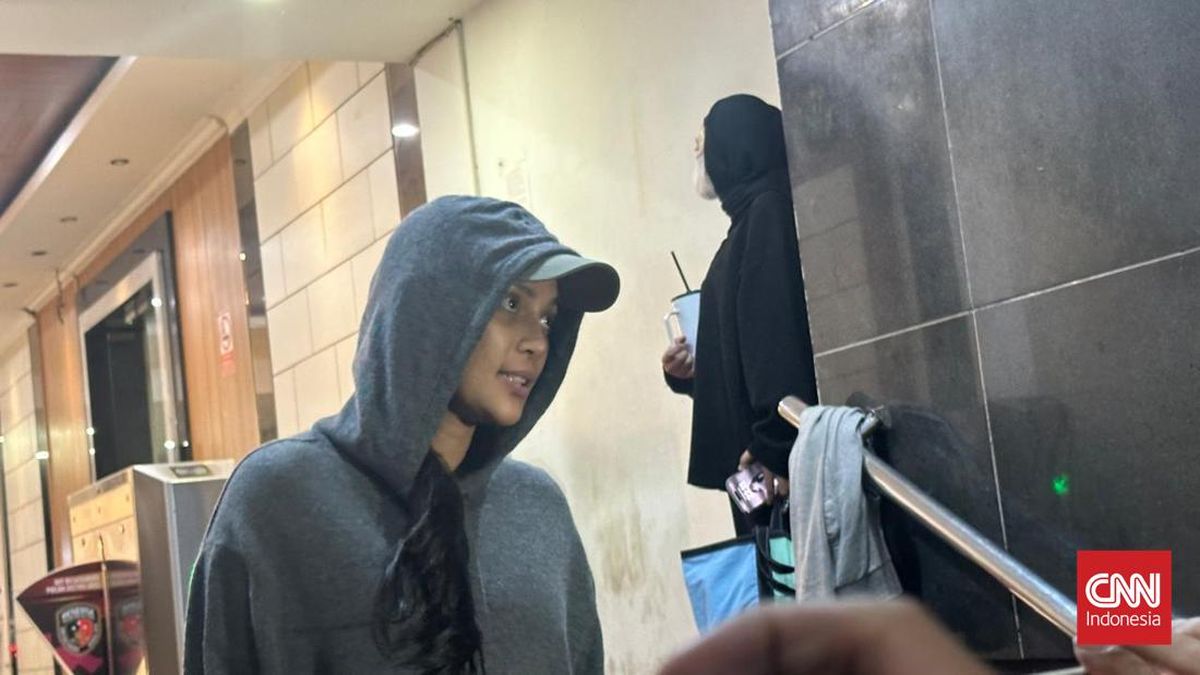Editorial
September 30, 2025 — 7.30pm
September 30, 2025 — 7.30pm
For Raya Meredith, attending Splendour in the Grass in 2018 was supposed to be exciting and fun. Instead, it was “harrowing and traumatising” as a result of being strip-searched by police before she had even walked through the gates.
It was a 30-minute “frightening” ordeal. The then-27-year-old, after being approached by an officer with a sniffer dog, was taken to a makeshift cubicle at the North Byron park venue, where a female police officer told her to pull down her top, take off her shorts and underwear, remove a tampon and bend over. This is when a male police officer walked in without knocking. No drugs were found.
She became the lead plaintiff in 2022 in a 3000-member class action in the NSW Supreme Court. Led by Redfern Legal Centre and Slater and Gordon Lawyers, it challenges the lawfulness of police strip-searches at music festivals.

Class action: Slater and Gordon’s William Zerno and Redfern Legal Centre’s Sam Lee (right) hold a media conference outside the NSW Supreme Court after Tuesday’s judgment. Credit: Steven Siewert
In a landmark decision on Tuesday that paves the way for the NSW government to pay millions of dollars for unlawful strip-searches, Justice Dina Yehia awarded Meredith $93,000 in damages for assault, battery and false imprisonment, and aggravated damages. She will also receive exemplary, or punitive, damages, which have yet to be calculated.
The judge said there had been a “flagrant” disregard of Meredith’s rights and privacy and a “gross failure” to comply with the legal safeguards.
Loading
The NSW Law Enforcement (Powers and Responsibilities) Act (LEPRA) says a strip-search may be carried out when an officer “suspects on reasonable ground that the strip-search is necessary for the purposes of the search and … the seriousness and urgency of the circumstances” make it necessary. Yehia found those preconditions were not satisfied in relation to Meredith.
Slater and Gordon’s William Zerno, outside court on Tuesday, said this was “the largest class action against any police force in Australian history” and urged the government to “bring this shameful chapter to a close” by negotiating a settlement for the remaining plaintiffs.
This may be a wise move as this judgment has far-reaching implications affecting potentially thousands of strip-searches between 2016 and 2019 where lawyers allege NSW Police developed a “practice or pattern” in which conducting strip-searches of music festival attendees was a “matter of routine” and without lawful justification. In a surprise development this year, the state of NSW admitted the strip-search of Meredith was unlawful but denied the broader allegations of unlawful conduct.
It is clear there was inadequate training for conducting strip-searches at the time. The judge noted there had been improvements made by police after 2018. However, during the period outlined in the class action, thousands of people, many of them young women, have claimed to have been subjected to “invasive” and unlawful strip-searches. We all agree that minimising the harm of drugs at music festivals is an important goal, but nothing can justify the reported extreme actions.
Loading
NSW Police Minister Yasmin Catley said police would “carefully consider” the decision but offered no apology to Meredith, saying that “significant operational changes” to their strip-search policies had been made.
The length of time it took for the state of NSW to make appropriate concessions in Meredith’s case is concerning: the class action was launched in 2022, but it was not until this year that it accepted the search was unlawful. The additional trauma caused by that failure, among other issues, resulted in an award of aggravated damages.
In that context, Catley’s failure on Tuesday to acknowledge the harm caused to the lead plaintiff in this case is difficult to fathom. It is to be hoped that the claims of other group members can be dealt with quickly to avoid the trauma being compounded by further delay.
Most Viewed in National
Loading





